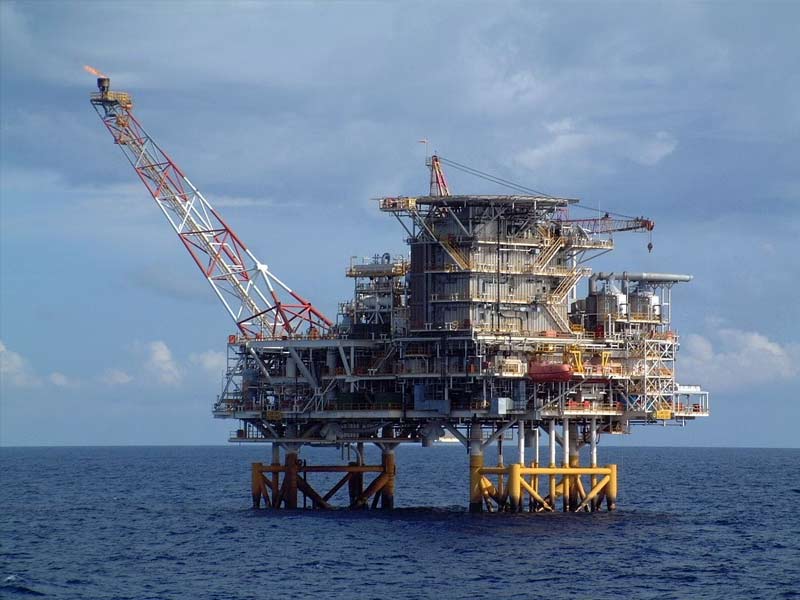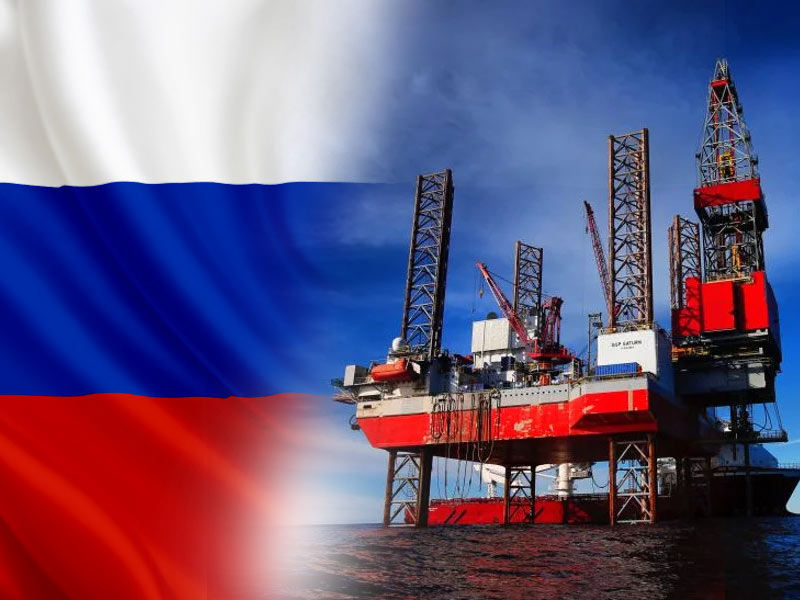Despite the domestic sector being subjected to sanctions as a result of Russia’s invasion of Ukraine, Russian companies are on course to break a record for oil drilling. According to the data, Russian drilling rigs completed 14.7 thousand kilometers of producing wells between January and June. This is 8.6% higher than the same period in 2022 and 6.6% more than was anticipated, it added.
The embargo came after several Western nations made individual decisions to stop importing Russian oil. Russian oil exports have been significantly redirected to alternate markets, notably Africa, as a result of these restrictions. Turkey, China, and India are all developing into significant export markets.
According to independent Russia expert Timur Kulakhmetov, Sergei Lavrov visited seven African nations in less than a month last year to strengthen connections with important nations and expand the market for Russian oil goods.
In meanwhile, Russian energy corporations are interested in making investments on the continent, and Russian mercenaries with the Wagner Group have secured security for African leaders in exchange for lucrative mining contracts. 22 African nations declined to denounce Vladimir Putin’s all-out invasion at the UN General Assembly in March.

The export of refined goods by Russia since the EU ban on the majority of Russian oil products went into effect on February 5 may be the most obvious sign of these stronger connections. At the same time, a $100/b price ceiling imposed by the G7, the EU, and Australia on Russian goods like gasoline and gasoil—which generally trade at a premium to crude—was adopted.
Moscow was consequently “struggling to keep a foothold in the raw materials ladder, by seeking new markets for commodity exports,” Kulakhmetov claimed.
On the same day, a reduced price cap of $45/b for petroleum products trading at a discount to crude oil went into effect.
Despite a minor decline following the invasion in February 2022, flows of Russian refined products reached a seven-year high of 1.9 million b/d in March 2023.
And while exports to European nations like France and Belgium have plummeted recently, exports to African nations—particularly those in the north—have soared, especially after the EU embargo on goods imports went into effect.
also read: Walmart pays $1.4 billion for Tiger Global’s share in Flipkart.
Rebeka Foley, senior analyst of near-term oil markets at S&P Global, said that before sanctions, Russia was “a key product supplier to the European market, especially of diesel, fuel oil, and naphtha.”
Since before Russia was sanctioned, the shady practice of ships turning off their automated identification systems, which track oil shipments, has increased internationally by 225%, according to S&P Global Market Intelligence research.
“Russia has managed to find new markets for its key refined product exports, and these new trade flows are structural changes to the market that is here to stay,” stated Foley. “Since the sanctions began, the marketplace has certainly become murkier and harder to track.”

























